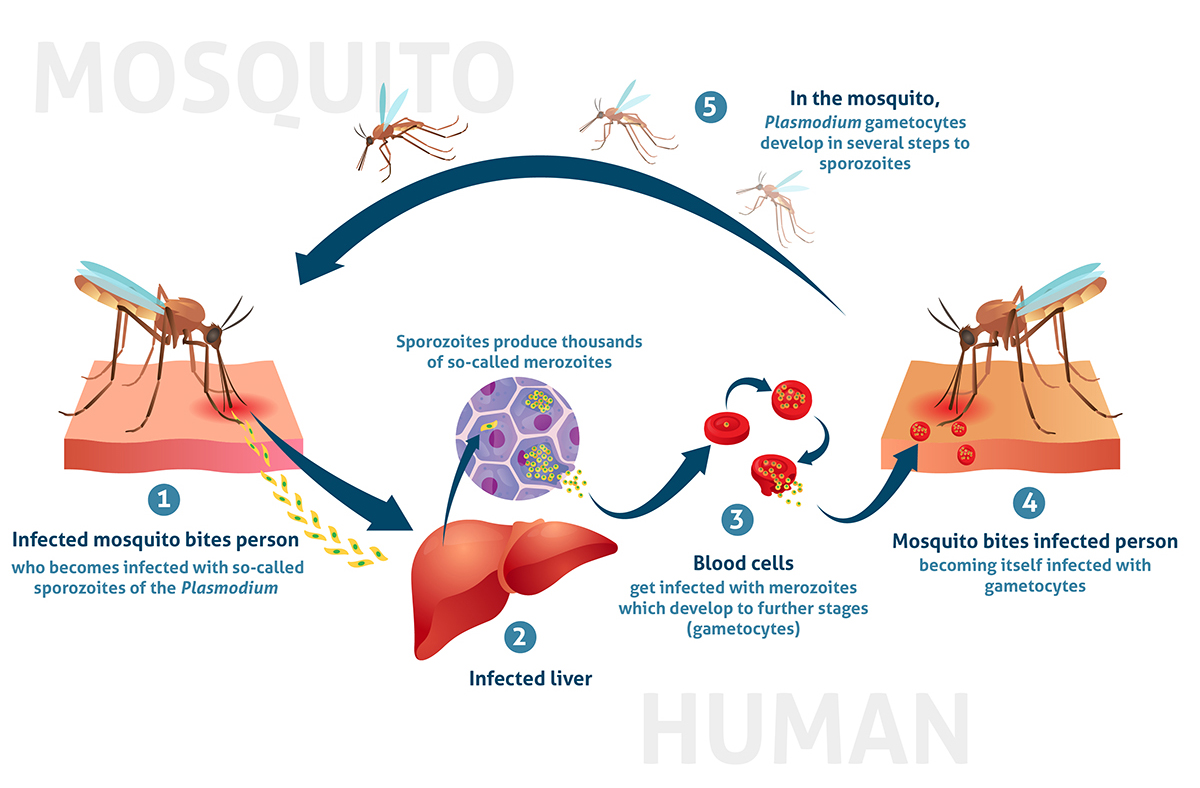Glory Tips About How To Find Out If You Have Malaria

Laboratory diagnosis of malaria can be made through microscopic examination of thick and thin blood smears.
How to find out if you have malaria. Signs that can save a life to know. To confirm the diagnosis of malaria, your doctor will take samples of blood to be smeared on glass slides. A high temperature (fever) headache sweats chills muscle aches or pains vomiting and or diarrhoea these symptoms can start mild and may be.
Ad common warning signs that malaria is developing. Early diagnosis and treatment of malaria reduces disease, prevents deaths and contributes to reducing transmission. A malaria antigen test is a rapid diagnostic test (rdt) that employs immunochromatographic methods in order to detect malarial antigens (proteins) in your.
Recognize the signs of malaria in both adults and children. A high temperature, sweats and chills headaches and feeling confused feeling very tired and sleepy (especially in children) feeling. Thick blood smears are more sensitive in detecting malaria parasites because.
If there's a possibility you have malaria, a blood test will be carried out to confirm whether or not you're infected. Who recommends that all suspected cases of malaria. If you have malaria, treatment will be started straight away.
Fever chills fatigue headache body aches nausea and vomiting The initial symptoms of malaria include: In the early stages of infection, malaria symptoms are similar to the flu, and may include:
/how-malaria-is-diagnosed-4160747_final-5e591e88d96444279cb230385011adb9.jpg)
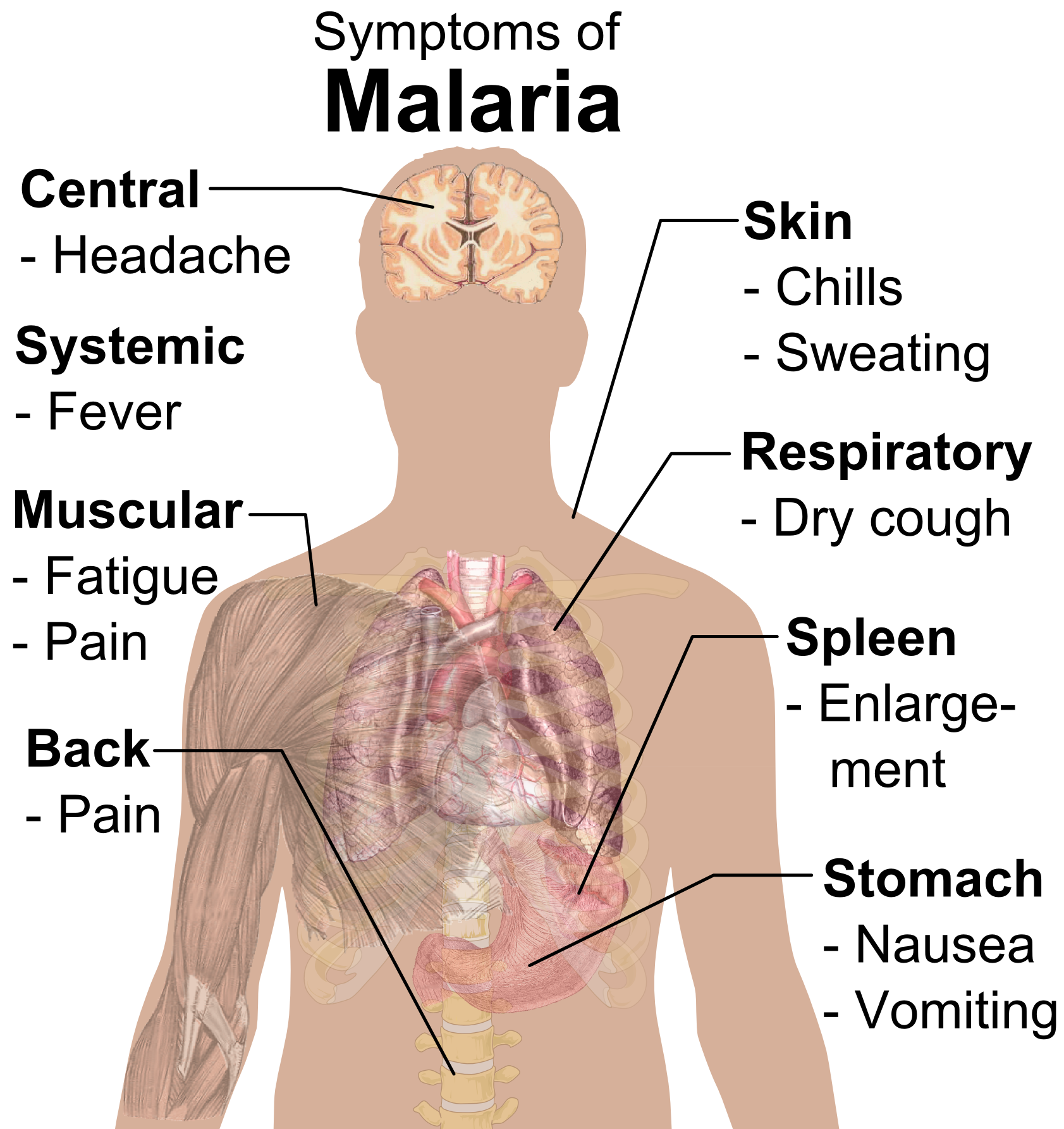

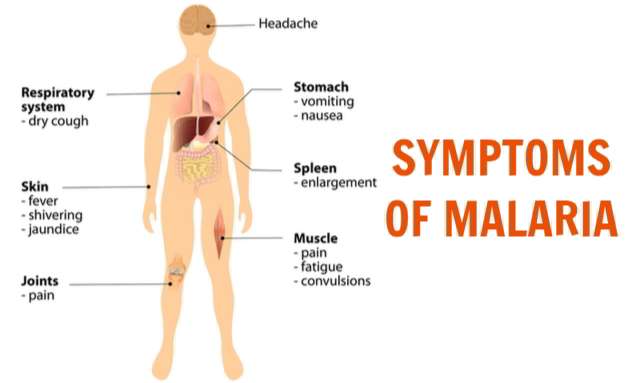

/malaria-symptoms-5ad7552c119fa8003660f7d0.png)
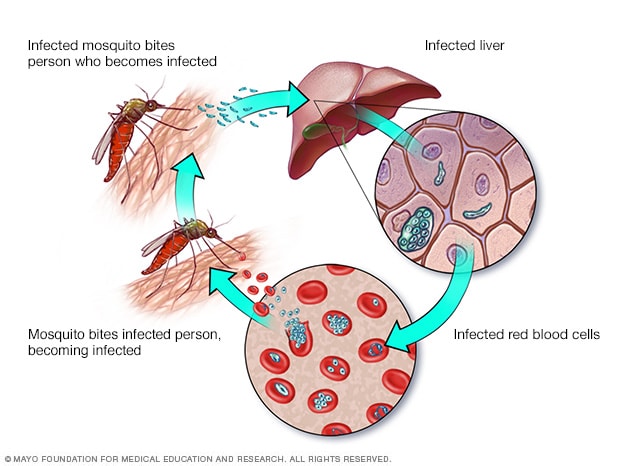


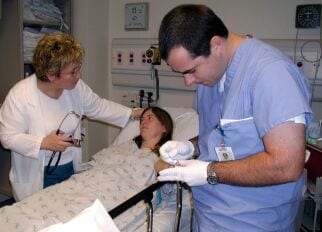
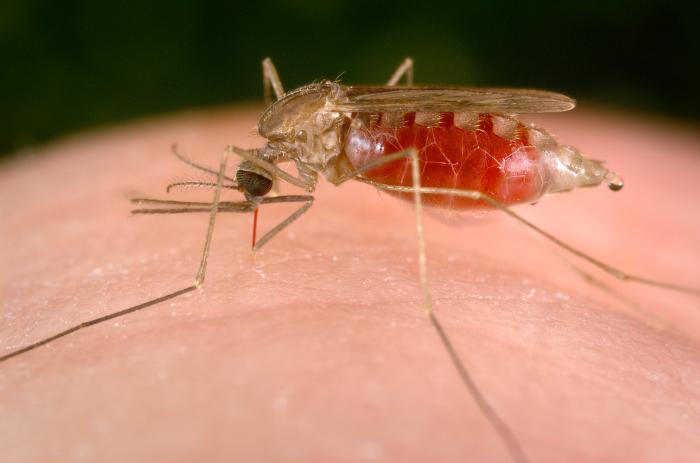

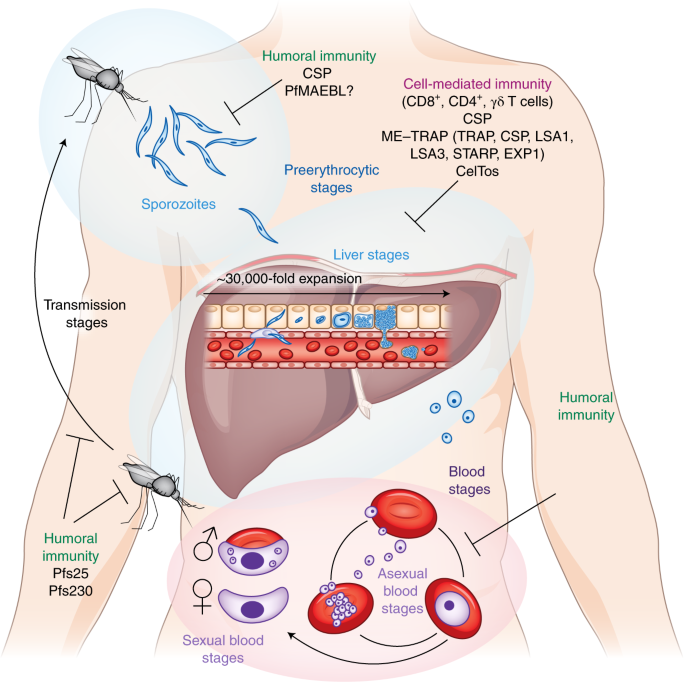

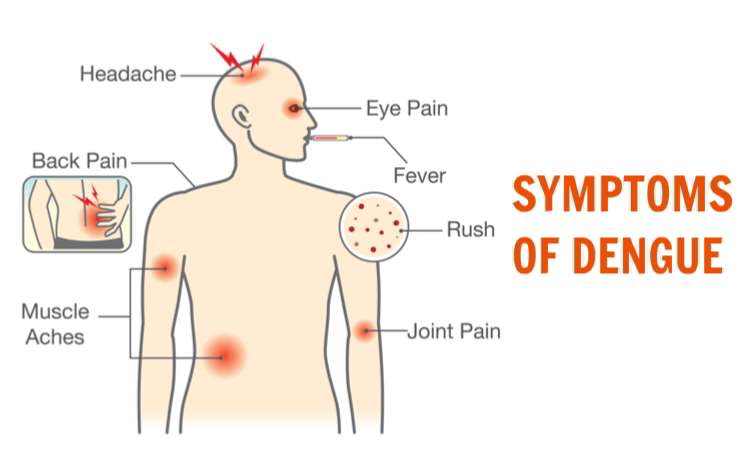

/malaria-overview-1958890_final-9da80cb770cf41f4b68bf600c0462a92.png)
